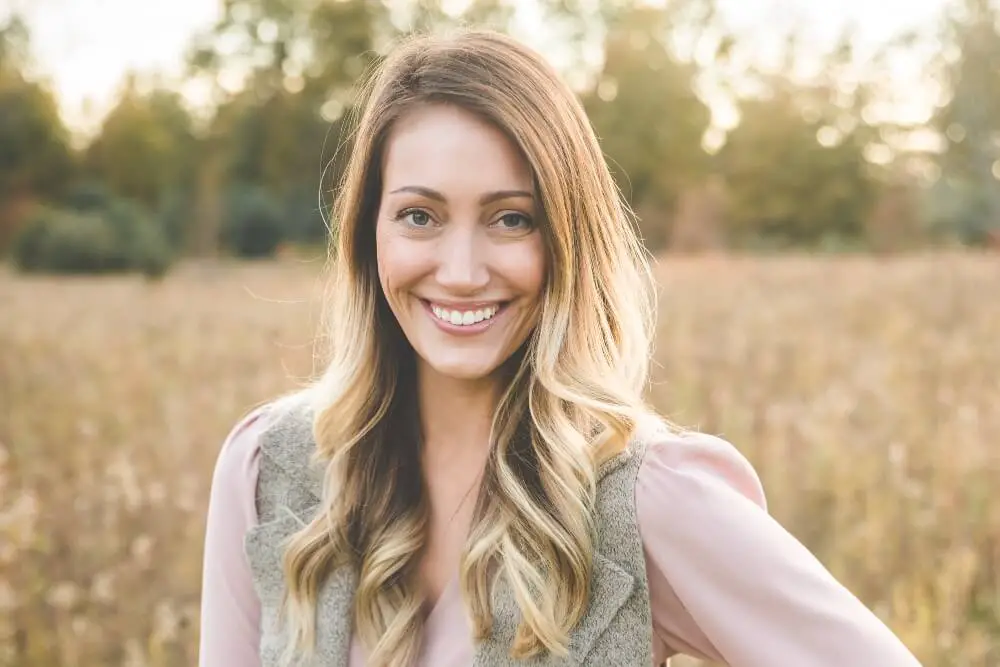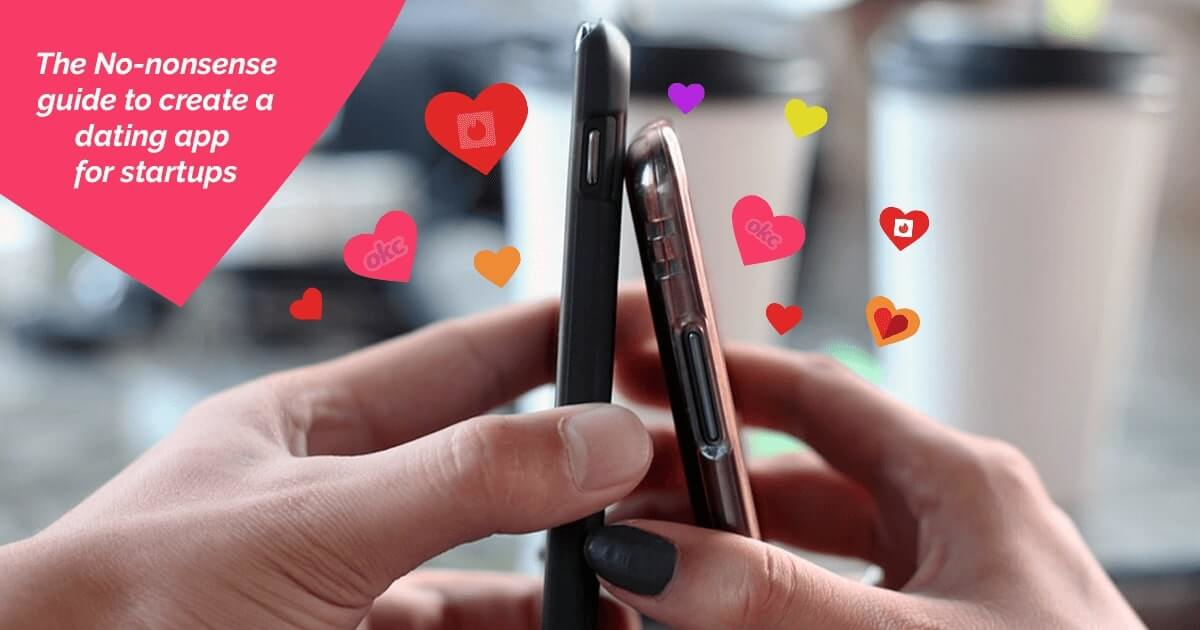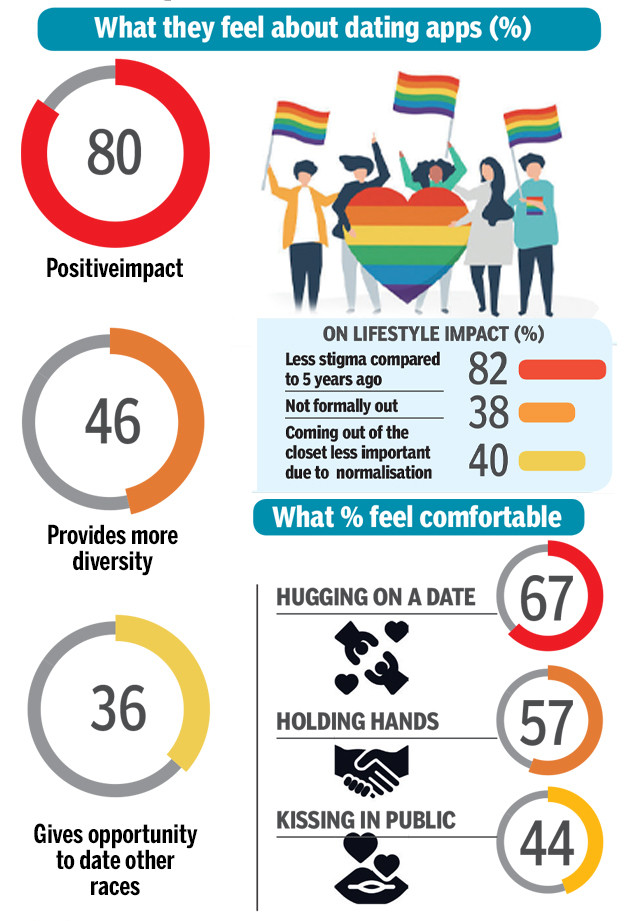Dating App For Entrepreneurs
While online dating apps may have refined their technologies over recent years, some of the more annoying features still exist. Whether it’s swiping through endless profiles, chats that go nowhere, receiving explicit, unwanted photos or incompatible matches, the experience can be frustrating for users looking for a relationship.
However, a number of female tech entrepreneurs have been attempting to change that. Following on the heels of Whitney Wolfe Herd, whose app Bumble only allows women to initiate the first contact (and which was valued at $13bn – £10bn – when it floated earlier this year), there are others trying to build more female-friendly platforms. Clementine Lalande, 37, launched Pickable in 2018 for women who wanted more discretion and disliked too much online exposure. Women don’t need to upload a photo or give their name, so they can browse men’s profiles anonymously.
- A Former Tinder Exec Dishes Out Some Tough Love to a Dating-App Entrepreneur The founder and CEO of venture firm Kairos advises a fledgling founder who is trying to launch an audio-only dating app.
- Created by Russian entrepreneur Andrey Andreev, Badoo has had many lives, including as a social games and quiz app in Facebook Games heyday in the early 2010s. Badoo is the most downloaded dating app in the world, with over 400 million registered users, but it has not been able to make a mark in the US.
Despite the saturation, it is still a fast growing and lucrative market. So, it’s no surprise that creative entrepreneurs and app developers keep coming up with innovative new solutions to the age old match-making problem. When designing a new dating app, it can be easy to fall into the trap of simply imitating Tinder or Bumble. Matchmaker Samantha Daniels launched her iOS app The Dating Lounge at the end of January. She says her user base started with 'several thousand invitations' to a list of 'high-end affluent. Dating applications have been on the market for over a decade but there is still enough room for entrepreneurs and developers to gain a share of the industry. From time to time new dating apps emerge, and the opportunity still exists for others who want to enter the market.
In 2015, along with a friend, Lalande also helped create the “slow dating” app Once, which delivers one match a day to each user. Last year, she added a feature that raises awareness around consent and unsolicited photos. The app, which has 10 million users, is also launching a matching algorithm based on a user’s “emotional profile”, which was created by a team of psychologists and dating experts.
“Both apps are the start of the post-Tinder era, bringing care and empathy back into online relationships. Online dating is a market designed by men for men and is governed in a non-transparent way,” says Paris-based Lalande, CEO of the Once Dating Group, and a trained engineer. “I’m tired of a market that amplifies patriarchal stereotypes.”

Other entrepreneurs are also trying to boost the chances of finding romance. For sisters Jessica and Louella Alderson, 31 and 27 respectively, the big problem dating apps weren’t addressing was the issue – a pretty fundamental one – of compatibility. They set up So Syncd in January 2021 after raising more than $1m (£700,000) through a combination of venture capital, an investment club, angel investors and family.
The dating app and website claims to be the only one that matches couples based on the Myers-Briggs personality test, administered since the 1940s, and popular among employers worldwide to determine the characteristics of employees.
The idea was born over sisterly drinks in Soho, says Louella, a former chartered accountant. “We were talking about how our colleagues and friends were wasting so much time on bad dates. It was clear why: personality compatibility is the key to any relationship, yet dating apps are still matching people on the basis of a couple of photos. It just didn’t make sense to us.”
When someone signs up to So Syncd, they either take a five-minute personality test or input their Myers-Briggs type themselves if they know it already. A matching algorithm then calculates a compatibility percentage, based on the combination of Myers-Briggs types, which is shown on each profile so users can see how likely they are to hit it off.

“It’s rare for people of the same type to be in a relationship but we pair couples with just the right amount of similarities to understand each other and differences to create a spark,” says Jessica. “We chose the Myers-Briggs test because it’s one of the most popular personality tests in the world and we’d studied it ourselves before setting up the app.”
Louella says they have lots of mechanisms around safety. “For example, we check each user’s location and manually check every profile that signs up to the app.”
It has paired approximately 500 couples so far and recently celebrated its first wedding.

“Due to lack of funds in the early stages, we learned basic website coding to keep developer costs down,” says Jessica, a former research analyst at Morgan Stanley. The sisters now manage the tech team between them – a chief technology officer, three developers, two of whom are women, and a project manager.

One of the first employees at dating platform Plenty Of Fish, Kim Kaplan shifted to angel investing before setting up video dating app Snack in September 2020. The app, whose engineering team comprises 43% women, aims to combine the matching algorithms of dating platforms like Tinder with streaming platforms such as TikTok, where you can share details of your life in real time.
“A friend introduced me to TikTok in 2019 and it became obvious that people were trying to date on there, but it wasn’t built for that, so I thought, why not create a TikTok for dating?” says Vancouver-based Kaplan.

Snack is constructed similarly to TikTok in that there’s no swiping and it is aimed primarily at Gen Z, who feel “most comfortable sharing videos and pictures on TikTok, Instagram and Snapchat”. Users must be at least 18 and sign up with a phone number or Apple ID. “It’s much harder to fake these than an email address,” she says.
Another new dating app doing extra checks on those signing up is Bare. Designed “for the open-minded”, it is aimed at an all-embracing demographic of straight, gay, bi, trans and poly, whether people are looking for a short-term fling or something more permanent.
The app’s USP is its so-called “blur” technology, a photo-cropping tool that blurs photos when they’re first uploaded to the site and allows the user to gradually reveal as much or as little of their match as they want.
“We know that unsolicited dick pics are a problem for lots of women doing online dating and we think we’ve figured out a way to stop it,” says co-founder Gillian Myhill, 41, a former sports therapist turned entrepreneur, an Australian living in London. “We also use AI technology to detect if users are real when they sign up. If our in-app technology isn’t sure, you’ll be contacted within 12 hours and asked to show your driving licence or passport.”
Initially confined to London, where it has 12,000 people already signed up via App Store and Google Play, the platform will roll out in Manchester and Newcastle in the next few months, then the rest of the country and the US.
Other female tech entrepreneurs shaking up the online dating scene
Charlotte Spokes founded the Hellosolo website in February, after leaving a job in finance four years ago to launch the My Friend Charlie singles events site. An aggregator for online dating apps and singles events, Hellosolo users can only chat to someone who takes their fancy once they’ve attended an event, either online or in person. “We’ve found that lots of women want to get out and meet someone in a safe environment,” says Spokes.
Coffee meets Bagel, which brands itself as the “the original anti-swiping app”, was founded by Dawoon Kang, and her sisters Arum and Soo in 2012. Another slow dating app, users receive several matches at the same time each day.
The founder and CEO of venture firm Kairos advises a fledgling founder who is trying to launch an audio-only dating app.
Taly Matiteyahu, an L.A.-based entrepreneur, co-founded audio-only dating app, Blink Date, but isn't sure how to scale it. Inc. brought her questions to a dating-apps expert, Ankur Jain--the co-founder and CEO of venture fund Kairos and contacts management app Humin, and former VP of product at Tinder. --As told to Coeli Carr
INC. TODAY'S MUST READS: New Research: Status Reports Can Make Teams Less Effective
Matiteyahu: In 2012, while living in Tel Aviv, I ate dinner at a restaurant that operated in total darkness as a way to call attention to the experience of blind people. This gave me the idea for a nonvisual approach to dating that relied on personality to match people, rather than physical appearance.
Then, in February 2020, Netflix launched Love Is Blind, a reality show founded on a similar premise, which helped inspire me to pursue my nearly decade-old idea and create a 'blind' dating service: Blink Date.
INC. TODAY'S MUST READS: How to Stay Innovative During Times of Uncertainty
Currently, my co-founder, Laura Ciccone, and I have around 400 enthusiastic beta testers lined up to make an audio-fueled connection. But we need more trial users to ensure matches, to validate the app--and to give us suggestions to help optimize it. Where can we find them?
Entrepreneur Magazine App
Jain: Dating apps are a numbers game. If you look at Tinder, the average user swipes 100 profiles per day. It's hard to match with people in a quality way during the early stages of interaction. Which means it's become nearly impossible to break through the crowded dating app market--you need millions of customers and enough liquidity to keep finding new people. It's unlikely you'll find a large volume of users who want to invest time into having conversations; if the first three or four conversations suck, people won't come back to the app.
INC. TODAY'S MUST READS: Open-Plan Offices Make a Comeback Because of Lazy Bosses
Dating App For Entrepreneurs Free
Rather than trying to force an open-ended dating concept, in which users are connected with random people hoping to have an audio chat, gamify the experience and focus on becoming a platform that helps people meet within preexisting or vetted communities.
This strategy doubles both as a way to make the product experience work at scale and as a way to create a no-cost distribution channel. Any existing groups that want to foster relationships could opt into Blink Date as a meaningful way of meeting people with similar interests and backgrounds--without running the risk of identification. That makes spending time on a conversation feel worthwhile.
It also solves your scaling problem; this concept could work with as few as 100 people per community. I say lean into the audio-only aspect as a way for a preselected group of people to get to know one another.